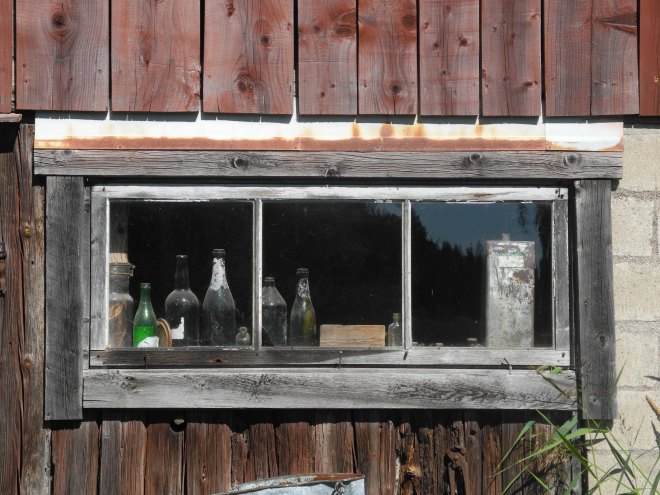It was sublime working with the little ones at the preschool yesterday. At the end of the day, this work allows me to say I have made a difference and I myself have been blessed. Earlier this year, I found myself scrubbing children’s toilets because we couldn’t afford paid janitorial help and we all needed to pitch in to keep going. It wasn’t that I felt virtuous as much as aware that I was glad that I could do my part, that toilets that were sort of nasty were now shiny white and clean, that all of us together were being hospitable even if it cost. These are the easy parts of my work.
In 2010 we set out to form this new model for doing ministry in Southeast Florida with a vague sense that the old parish model of the Episcopal Church, based on geographic boundaries just wasn’t working. While we did the work, we would figure out how we would manage the balance between a shared sense of identity and a commitment to allow the distinctive voices of the ministry to help shape our future. It all sounded great—and it was certainly bold.
Almost 4 years later, now that my departure looms far larger on the horizon, I continue to look at what my job has been and what I may be called to next. There are aspects of my job that are difficult to even think about. I am priest-missioner of the more fragile part of the NRRM. When NRRM was put together, it was simply taken for granted that the Rector of All Saints, the ‘big church’ would be the boss of the whole ministry. I was ordained at All Saints and have always worked as a subordinate of the Rector—my husband. Then there are the realities of the ‘stained glass ceiling’ for women in the church; that part of how I get defined as a priest is too big and deep to do more than acknowledge, but it is there.
At the very least, my role in NRRM is unusual and unorthodox. Most of the time, that opens spaces and gives me room to take risks and do work I would otherwise not get to do. Some of the time, my role is so complex, fraught and tension-laden that I walk around wanting to throw up. The hardest is maintaining clarity in my own mind between my marriage and my reporting relationship to ‘the boss of me’. On more than one occasion I have engaged in what Sherod accurately describes as a strategy of “pounce and kill”. We see something differently, he exercises his responsibility as rector, I entrench in my role as priest-in-charge of a separate congregation, and the next thing you know, I feel pushed up against the wall and go on the offensive. It is not a pretty picture.
The phrase ‘generous space’ keeps tumbling around in me these days and it has led me to reflect on some of the dynamics I just described. I am most able to be generous in the places and moments where I feel both capable and called to the work at hand. It is agonizingly difficult for me to find ways to be generous in the midst of powerlessness. When I find myself in the place of powerlessness, my instinctive response is the one Sherod describes: pounce and kill.
Now, the slick response to an ungenerous and unproductive response is to say this has to do with perceptions. All I have to do is claim my own power to change the dynamics, right? That’s a partial truth. For a person of privilege—and I am a person of privilege—absolutely, some of the work includes letting go of insecurities and whatever chips we might have on our shoulders. I also have a growing conviction that another part of the answer that leads to true generosity requires me to accept powerlessness. My life was literally transformed the day I understood that I had to host grief after my mom’s death and after all the stuff with Maria last year.
What would it mean to allow powerlessness to host me (and I believe that’s how this one works)? I only have a vague sense of this right now, but the general contours of what I see about powerlessness suggest it is an invitation if I am able to let go of that automatic response of pounce and kill. I pounce with words. Somewhere a long, long, long time ago, I decided that if I could just explain well enough, if I could be be perfectly articulate, or, if all else failed, if I could shred with my words, I would obtain my heart (or my fear’s) desire. Another one of those lies I have lived by. And too often killed with.
Continuing to prepare for my 30 day retreat, pondering this week’s gospel about the Lost Sheep, it is almost as if I am being tugged further out into a wilderness I am overwhelmed by and is also my home, at least for now. This is the sieving.

